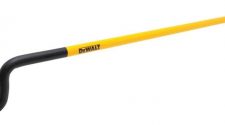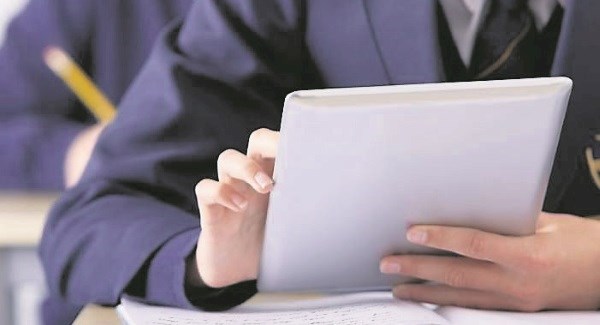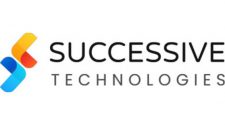With more than half of Irish students never having sat a computer-based assessment before the OECD’s latest Programme for International Student Assessment (PISA) tests, students here received a “significantly and substantially” lower score on the use of digital technology in class compared to other countries.
Principals surveyed identified access to tech support, a lack of professional resources for teachers, and skill level as challenges to the successful integration of digital tech in the classroom here.
More than half of the students who took the test had not taken a test on a computer before PISA 2018.
A debate about the place of technology in the classroom is needed, according to Education Minister Joe McHugh. He said: “This was very much a virtual application of experimentation. A lot of young people who did the test weren’t really equipped to do that.
So we have to move into that space where we get the balance right between using technology in a way which is more proactive rather than passive.
Another €100m has been committed for increasing the use of educational digital technologies, he said.
The PISA 2018 results have been welcomed by the teachers’ unions as well as the association represented principals and deputy principals. If positive trends are to continue, more investment in primary education is necessary, according to the Irish National Teachers’ Organisation.
Both the Association of Secondary Teachers in Ireland and the Teachers’ Union of Ireland welcomed the study, attributing its findings to the achievements of Irish students and their teachers. However, both warned that such results are unsustainable if they are not matched with investment in education.
Just 2% of Irish students taking the PISA 2018 test had experienced the new science curriculum, according to Clive Byrne, director at the National Association of Principals and Deputy Principals.
“We will have to wait for the 2021 round of PISA research to analyse the benefits of this new programme. A more equitable education system benefits everyone and closing the education gap further must remain our overarching goal,” he said.
Meanwhile, Estonia was found to have one of the highest rankings among the countries in the OECD in reading, maths, and science, despite spending almost a third less on education than the OECD average.
The country was also found to have one of the fairest education systems across the 79 countries taking part in PISA 2018, which also found that secondary schools here can also be considered relatively equitable.
Variation in reading performances between schools here was recorded as 11.1% compared to an average of 29% across OECD countries.














